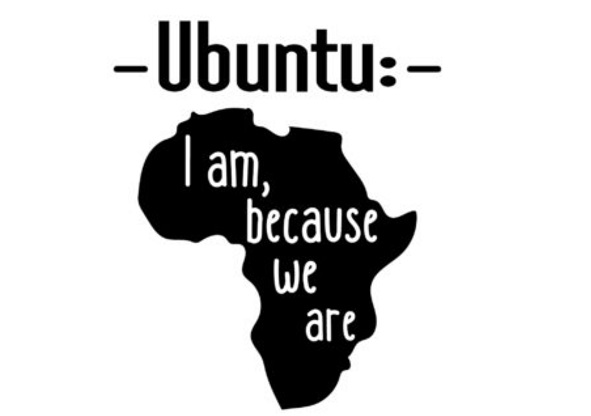
Interesting Snippets about Uganda
October 9, 2023
Algeria- Land of cultural Heritage
July 7, 2024Ubuntu – “I am Because You Are”
( Deepti Kataria )
There is a story in Ghana, about a young girl looking at her father who peers into the past intensely very often, especially when he is baffled or stressed. The girl asked “Papa, you are always looking into past, why?”
The father responded, “My daughter, because the answer to future always reside in the Past”
That’s where knowledge’s that are banished in the past like UBUNTU becomes relevant.
The word Ubuntu comes from South African Nguni phrase that says “I am because you are”. It gives the sense of interdependence. Ubuntu encapsulates the ideals of Sub Saharan Africa. The philosophy underscore the importance of communal existence.
It is about the social awareness, a consciousness of the others, a consciousness of the fact that we all have responsibility to ourselves as human beings and towards the world around us, the totality of environment.
30% of crops in world need cross pollination from Bees. If humans destroy bees, they are destroying themselves. The principle of co-existence implies that we are co-creators. It relies on the recognition of interdependence in this balanced biodiversity.
The principle of Co-existence is what Ubuntu encourages, this personhood moves beyond human to human relationship, rather it goes farther and emphasizes on relationship and interdependence of each and everything that exists in this universe.
While south Africa was moving from repressive past and into democratic dispensation, thinking about How to move society forward and how to reconstitute South Africa. Archbishop Tutu made the country realise that if one digs into past and find a value system that can help people to achieve redress, restorative justice and also healing.
Like many other parts of the world Africa’s Indigenous knowledge system teaches us that there is value in these knowledge’s and if we want to reimagine the society of the future then a system like Ubuntu can teach us about our Mutuality and our Conviviality as people
Deepti Kataria




